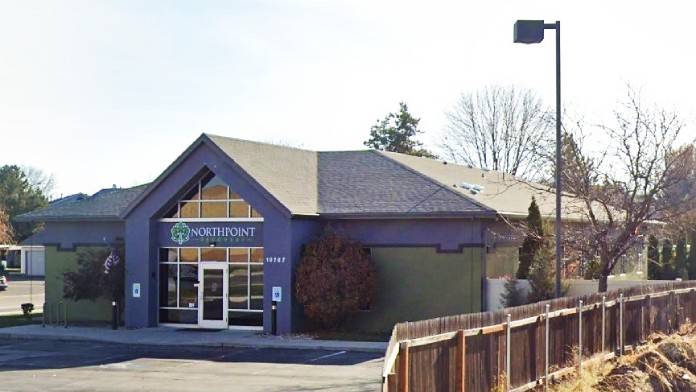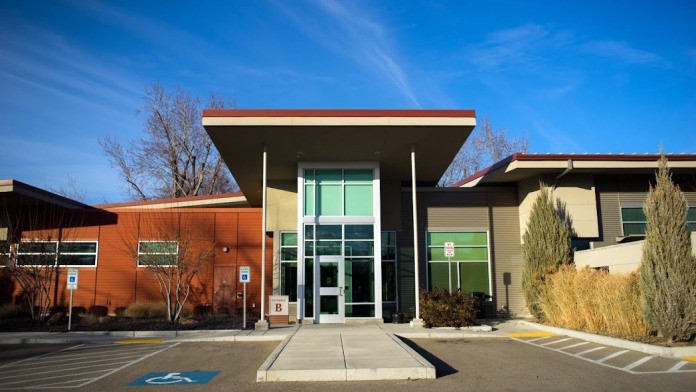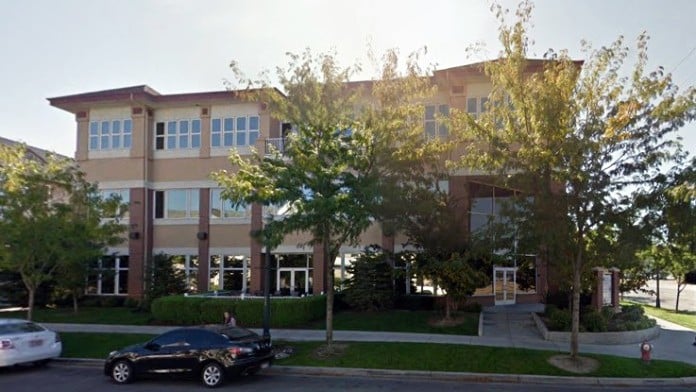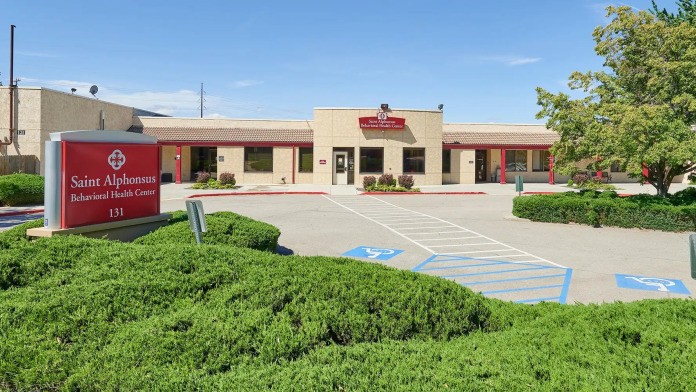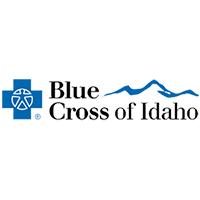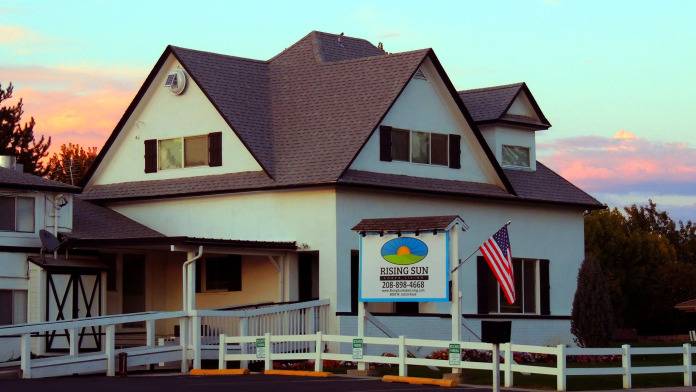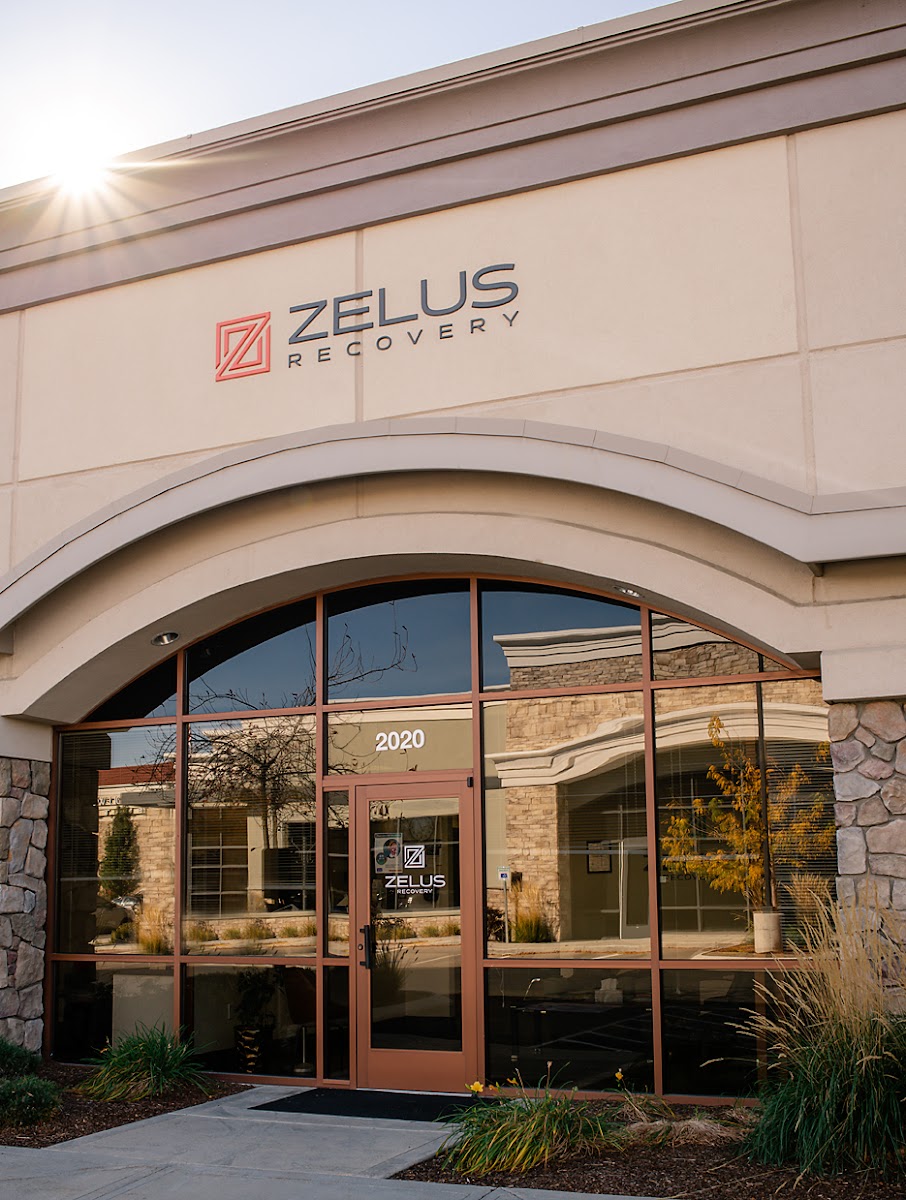They do not respect your time. I made an appointment for what seems like years ago; I was not attended the day of the appointment because the doctor (very unprofessional by the way) had gone to lunch with someone! After that, they told me that the agenda was full !! Called t ...
About Children’s Home Society of Idaho | Warm Springs Counseling Center
Formerly known as the Warm Springs Counseling Center, the Children’s Home Society of Idaho located in Boise, Idaho, is an organization that’s dedicated to helping children work through their mental health and behavioral health challenges. This organization works with children from all walks of life including those who are exhibiting at-risk behaviors like substance abuse.
There’s a strong focus on empowering children to love themselves, no matter what their challenges have been. This is done through skills building, reflective therapy and hands-on recovery approaches that allow children to experience life in a productive and supportive manner. Sliding skill discounts are available to help cover the cost of care.
Peer Support Groups
There’s a strong focus on helping children find a sense of belonging and acceptance among their peers. This helps empower children to identify their own strengths so they can feel comfortable in their skin.
You’ll find that there are different peer support groups here that touch on a number of topics. For example, there’s a creative writing group, a grief group for children who have endured loss, as well as a program for children who identify as part of the LGBTQ community. It’s important to note that these support groups take place at different locations away from the Boise center.
Healing Through Farm Based Therapy
There is a nature and farm based therapy program that allows children to get out into the farm and engage in hands-on, sensory skills building. Through approaches including animal assisted therapy, gardening, horticulture, and general community engagement, children feel a sense of belonging, productivity and meaning. From engaging in general farm hand duties and chores to learning how to work collaboratively as a team, this approach gives children a purpose driven approach in their recovery.
Latest Reviews
Because confidentiality is essential to what we do, we can’t discuss any case details publicly, but we’d welcome a direct conversation to better understand your experience. Please reach out to us at info@childrenshomeidaho.org or 208-343-7797.
Our clinicians work hard to ensure every child feels safe, respected, and heard. We do not support negative discussions about parents or families, and we approach all faith and personal beliefs with respect and neutrality. Thank you again for bringing this to our attention. We’d genuinely like the chance to connect and clarify any misunderstanding.
You’re welcome to contact us directly at info@childrenshomeidaho.org or 208-343-7797.
At Children’s Home Counseling Services, our team provides inclusive, evidence-based therapy focused on each client’s mental and emotional well-being. We do not promote personal beliefs or identities, nor do we take sides in family situations. Our goal is always to help children and families build understanding, trust, and healthier communication.
We’d value the chance to speak with you directly to ensure your concerns are heard and addressed with care.
Rehab Score
Gallery
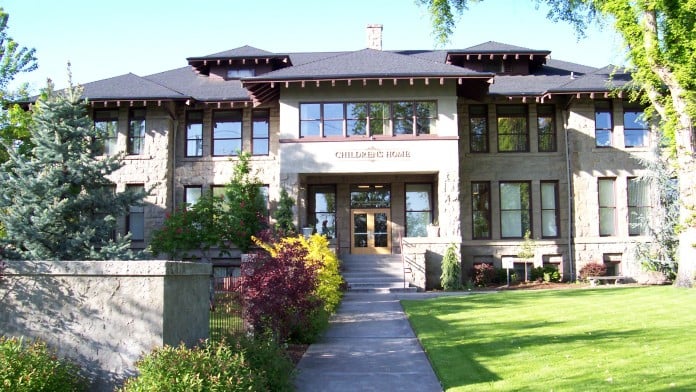
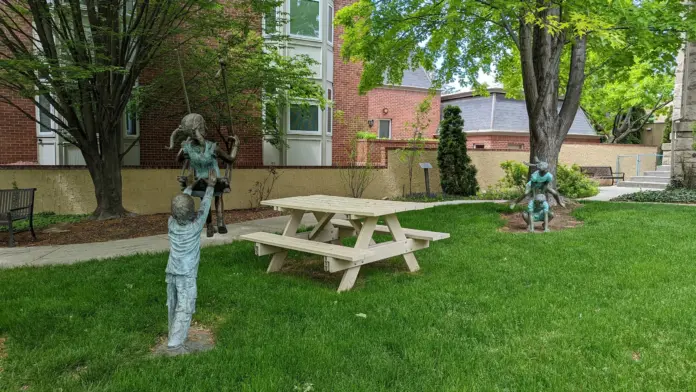
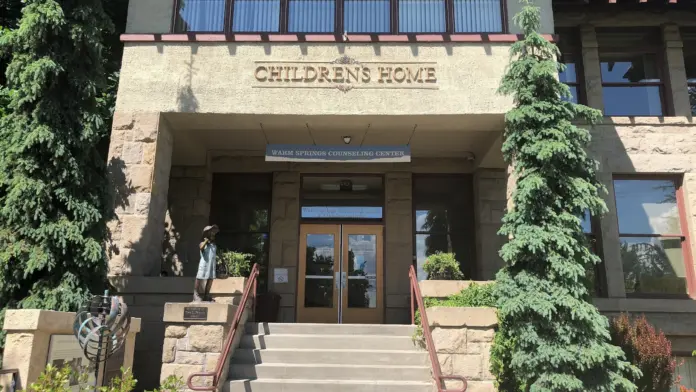
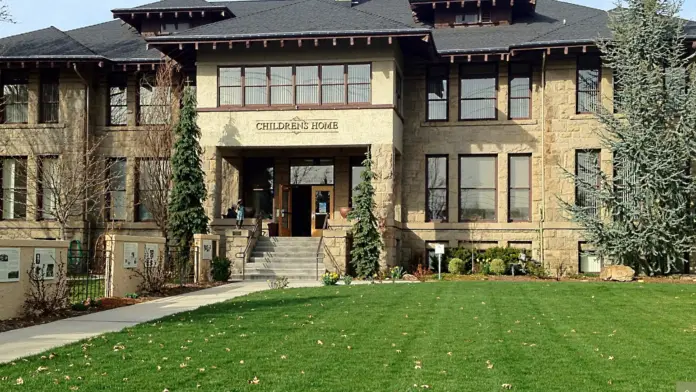
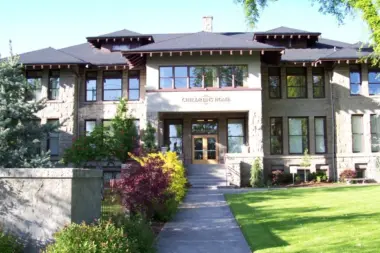
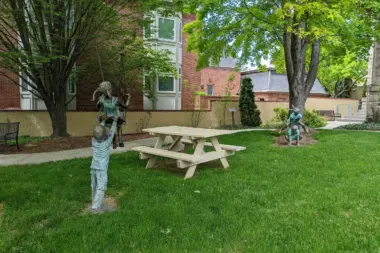


Accepted Insurance
Other Forms of Payment
Private insurance refers to any kind of healthcare coverage that isn't from the state or federal government. This includes individual and family plans offered by an employer or purchased from the Insurance Marketplace. Every plan will have different requirements and out of pocket costs so be sure to get the full details before you start treatment.
Self-pay involves paying for treatment out of your own pocket. You can use savings or credit, get a personal loan, or receive help from family and friends to fund your treatment. If you don't have insurance or your insurance plan doesn't cover a specific program, self-pay can help ensure you still get the care you need.
Financial aid can take many forms. Centers may have grants or scholarships available to clients who meet eligibility requirements. Programs that receive SAMHSA grants may have financial aid available for those who need treatment as well. Grants and scholarships can help you pai for treatment without having to repay.
Sliding scale payments are based on a client's income and family size. The goal is to make treatment affordable to everyone. By taking these factors into account, addiction recovery care providers help ensure that your treatment does not become a financial burden to you or your family, eliminating one barrier to care.
Medicare is a federal program that provides health insurance for those 65 and older. It also serves people under 65 with chronic and disabling health challenges. To use Medicare for addiction treatment you need to find a program that accepts Medicare and is in network with your plan. Out of pocket costs and preauthorization requirements vary, so always check with your provider.
Military members, veterans, and eligible dependents have access to specific insurance programs that help them get the care they need. TRICARE and VA insurance can help you access low cost or no cost addiction and mental health treatment. Programs that accept military insurance often have targeted treatment focused on the unique challenges military members, veterans, and their families face.
Medicaid is a state based program that helps lower-income individuals and families pay for healthcare. Medicaid covers addiction treatment so those enrolled can use their coverage to pay for rehab. When a program accepts Medicaid the client often pays very little or nothing out of their own pocket.
Addiction Treatments
Levels of Care
Outpatient Programs (OP) are for those seeking mental rehab or drug rehab, but who also stay at home every night. The main difference between outpatient treatment (OP) and intensive outpatient treatment (IOP) lies in the amount of hours the patient spends at the facility. Most of the time an outpatient program is designed for someone who has completed an inpatient stay and is looking to continue their growth in recovery. Outpatient is not meant to be the starting point, it is commonly referred to as aftercare.
Treatments
Mental health rehabs focus on helping individuals recover from mental illnesses like bipolar disorder, clinical depression, anxiety disorders, schizophrenia, and more. Mental health professionals at these facilities are trained to understand and treat mental health issues, both in individual and group settings.
Programs
Adult rehab programs include therapies tailored to each client's specific needs, goals, and recovery progress. They are tailored to the specific challenges adult clients may face, including family and work pressures and commitments. From inpatient and residential treatment to various levels of outpatient services, there are many options available. Some facilities also help adults work through co-occurring conditions, like anxiety, that can accompany addiction.
Young adulthood can be an exciting, yet difficult, time of transition. Individuals in their late teens to mid-20s face unique stressors related to school, jobs, families, and social circles, which can lead to a rise in substance use. Rehab centers with dedicated young adult programs will include activities and amenities that cater to this age group, with an emphasis on specialized counseling, peer socialization, and ongoing aftercare.
Clinical Services
Cognitive Behavioral Therapy (CBT) is a therapy modality that focuses on the relationship between one's thoughts, feelings, and behaviors. It is used to establish and allow for healthy responses to thoughts and feelings (instead of unhealthy responses, like using drugs or alcohol). CBT has been proven effective for recovering addicts of all kinds, and is used to strengthen a patient's own self-awareness and ability to self-regulate. CBT allows individuals to monitor their own emotional state, become more adept at communicating with others, and manage stress without needing to engage in substance abuse.
Dialectical Behavior Therapy (DBT) is a modified form of Cognitive Behavioral Therapy (CBT), a treatment designed to help people understand and ultimately affect the relationship between their thoughts, feelings, and behaviors. DBT is often used for individuals who struggle with self-harm behaviors, such as self-mutilation (cutting) and suicidal thoughts, urges, or attempts. It has been proven clinically effective for those who struggle with out-of-control emotions and mental health illnesses like Borderline Personality Disorder.
Group therapy is any therapeutic work that happens in a group (not one-on-one). There are a number of different group therapy modalities, including support groups, experiential therapy, psycho-education, and more. Group therapy involves treatment as well as processing interaction between group members.
In individual therapy, a patient meets one-on-one with a trained psychologist or counselor. Therapy is a pivotal part of effective substance abuse treatment, as it often covers root causes of addiction, including challenges faced by the patient in their social, family, and work/school life.
Trauma therapy addresses traumatic incidents from a client's past that are likely affecting their present-day experience. Trauma is often one of the primary triggers and potential causes of addiction, and can stem from child sexual abuse, domestic violence, having a parent with a mental illness, losing one or both parents at a young age, teenage or adult sexual assault, or any number of other factors. The purpose of trauma therapy is to allow a patient to process trauma and move through and past it, with the help of trained and compassionate mental health professionals.
Whether a marriage or other committed relationship, an intimate partnership is one of the most important aspects of a person's life. Drug and alcohol addiction affects both members of a couple in deep and meaningful ways, as does rehab and recovery. Couples therapy and other couples-focused treatment programs are significant parts of exploring triggers of addiction, as well as learning how to build healthy patterns to support ongoing sobriety.
Research clearly demonstrates that recovery is far more successful and sustainable when loved ones like family members participate in rehab and substance abuse treatment. Genetic factors may be at play when it comes to drug and alcohol addiction, as well as mental health issues. Family dynamics often play a critical role in addiction triggers, and if properly educated, family members can be a strong source of support when it comes to rehabilitation.
Experiential therapy is a form of therapy in which clients are encouraged to surface and work through subconscious issues by engaging in real-time experiences. Experiential therapy departs from traditional talk therapy by involving the body, and having clients engage in activities, movements, and physical and emotional expression. This can involve role-play or using props (which can include other people). Experiential therapy can help people process trauma, memories, and emotion quickly, deeply, and in a lasting fashion, leading to substantial and impactful healing.
Staff

Mark Miller
President

Anselme Sadiki
ED

Heather Gergens
OOM

Alisa Lavori
MCD
Contact Information
740 Warm Springs Avenue
Boise, ID 83712


